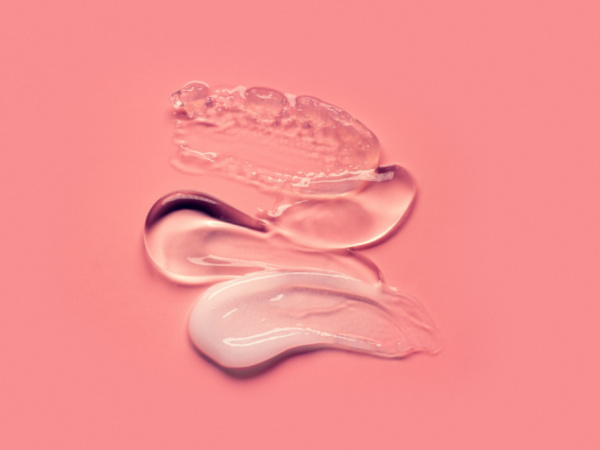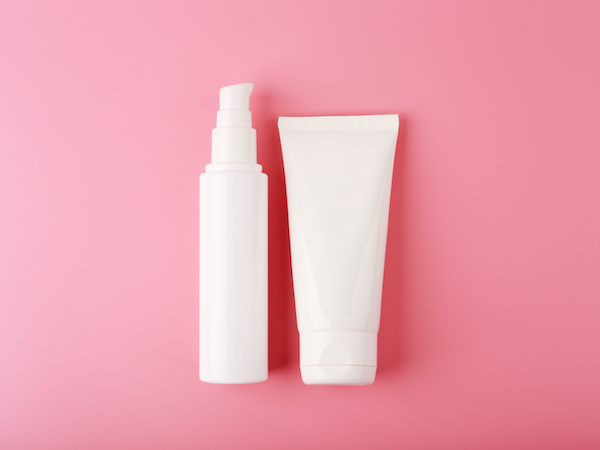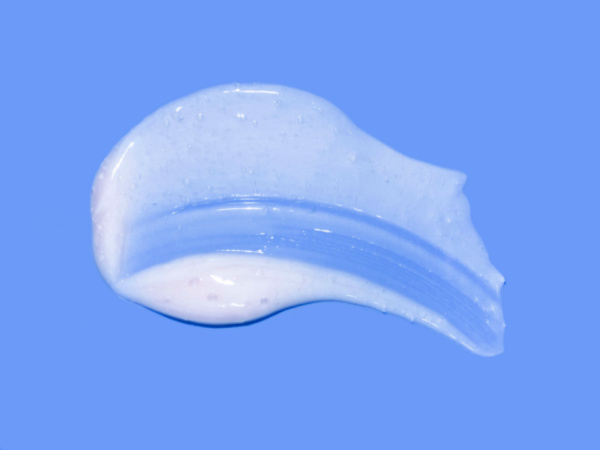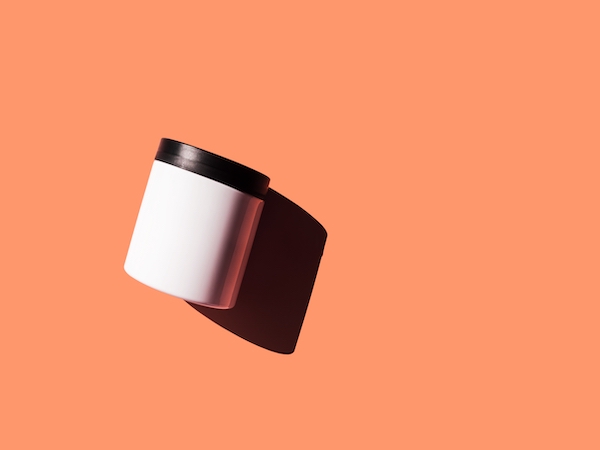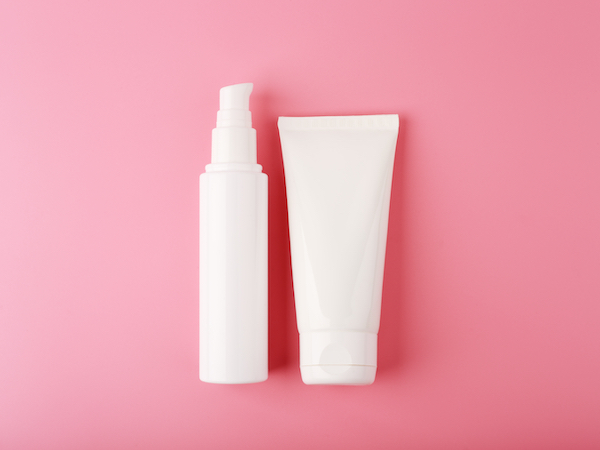Acne is an extremely common skin condition, affecting almost 20% of the Canadian population, according to the Canadian Dermatology Association. And yet, so many people are unsure how to manage their acne symptoms effectively; particularly if they have acne prone skin.
While there is no single ‘best acne treatment’, there are a number of different treatments that can make a major difference for people with acne prone skin. If you’ve been trying to figure out “what helps with acne?”, then this page is for you.
If you’ve already tried a lot of the tips on this page, and you’d like to talk to a practitioner about what other acne treatments may be best for you, get started with Felix today.
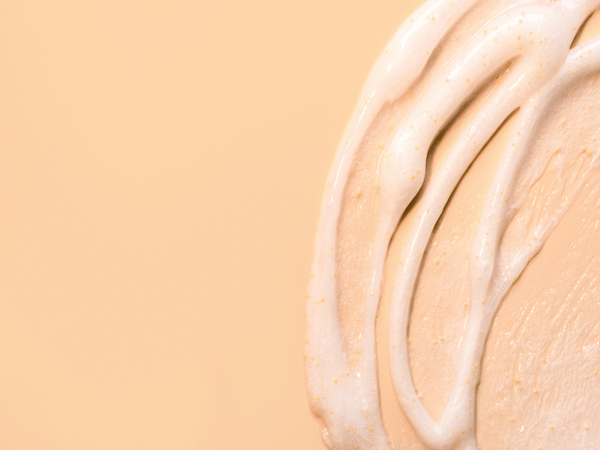
How to Deal with Acne Prone Skin
There are a number of different ways to start addressing acne prone skin. Some of the most useful recommendations don’t require any medications at all! These include things like:
- Wash your face twice daily, as well as after sweating
- Don’t sleep in makeup
- Avoid foods that you recognize trigger your acne
- When you wash, don’t scrub your skin too hard (this may cause inflammation, which results in more acne)
- When using skin products, look for non-comedogenic specific varieties
- Don’t touch or pick your face
How to Prevent Breakouts
Preventing breakouts before they happen is another great way to manage acne prone skin.
While it may not always be easy to do so, reducing stress is a good starting point. Stress is a known trigger for acne breakouts, if you’re already predisposed to acne flare-ups. This is because stress causes certain hormones to increase in your body, which can cause flare-ups. It’s important to note that stress won’t give you acne, if you’re not already predisposed to it.
Avoiding oily skin products is another tip that shouldn’t be overlooked. In fact, it’s a good idea to start being mindful of everything you use on your skin. Limit makeup use when you can, and avoid heavy cosmetics (i.e., foundations, etc.), which may be more likely to clog your pores.
Also, avoiding processed foods, dairy, or eating too much sugar may help reduce the likelihood of having acne flare-ups. Some people notice that certain foods will trigger breakouts, so if you happen to notice some that cause you to experience breakouts, it’s best to avoid them.
If you’ve been trying all these tactics, but still feel like you could use some assistance with your acne treatment, complete a short assessment to talk to a practitioner at Felix today.
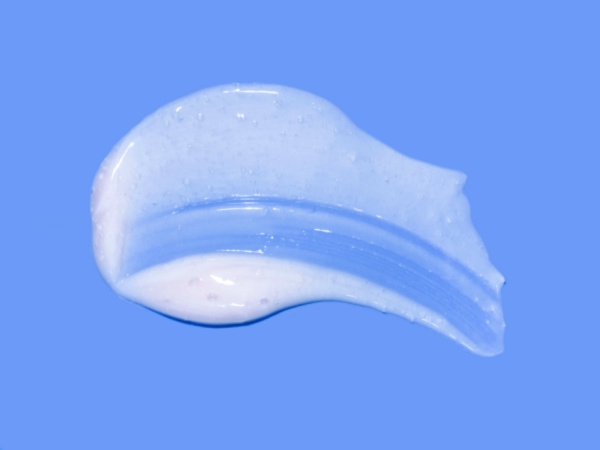
What Does a Skin Care Routine Look Like?
Skincare for acne prone skin doesn’t have to be something that dominates your life, but it is something that requires a bit of time throughout the day to maintain.
Start in the morning by washing your face, and then applying acne cream (if indicated by your practitioner). After that apply a moisturizer, followed by a sunscreen with SPF50+. For a cleanser, you can use an unmedicated option, one medicated with BP, salicylic acid or sulfur.
Repeat the same routine again at bedtime, but without the sunscreen. That’s it!
SIDE NOTE: When using prescription acne creams, it’s discouraged to use other actives or acids, unless otherwise recommended by your practitioner.
What is the Best Product for Acne?
As we’ve mentioned, there is no single best acne treatment or product. This is because different types of acne, at varying severities, require unique treatment plans.
However, using retinoids in combination with other treatments is considered the best ingredients for acne medications. So, if the product you’re being recommended by your practitioner includes these, you can assume it’s a good product for acne treatment.
SIDE NOTE: It’s important to only use antibiotic treatments if needed and for the shortest length of time possible, when treating acne prone skin. Otherwise, it can lead to antibiotic resistant acne, which can become much harder to treat or manage.
Which Products Should be Avoided for Acne?
Any products that can clog your pores, such as oily cleansers, heavy moisturizers, certain cosmetics, and some types of sunscreen can potentially cause acne.
Be sure to look for non-comedogenic products that will be less likely to cause acne breakouts when used. And avoid skin products that are designed for opposite skin types (i.e., don’t buy dry skin products if you have oily skin, because the products may contain additional oils that can trigger acne).
What is the Best Treatment for Acne Prone Skin?
While there is no single best acne treatment, one of the best treatment plans for acne prone skin is to follow the lifestyle suggestions that we’ve made on this page, before requesting a prescription.
For some people, these changes can make a dramatic difference to the frequency and severity of their acne outbreaks. Living a healthy lifestyle, including a daily skincare routine, is also one of the best ways to reduce the opportunity for acne to present itself due to outside factors.
When these options aren’t working, talking to a practitioner about whether medication options like a retinoid in combination with an antibiotic cream or wash, may be the best acne treatment option for you.
When Should I Talk to My Practitioner About Acne Treatments?
If you’ve been trying to make these lifestyle changes in order to improve your natural skin health, as well as performing a daily skincare routine for acne, but you’re still experiencing bothersome symptoms, it could be time to talk to a healthcare practitioner at Felix.
Just complete a short online assessment, at your convenience, and one of our practitioners will be happy to evaluate your health, medical history, and current condition to see whether prescription acne treatments may be the best treatment option for you.
With Felix in your corner, you can take back control of your health and your quality of life, so that you can get back to living life on your terms – the way it should be.
